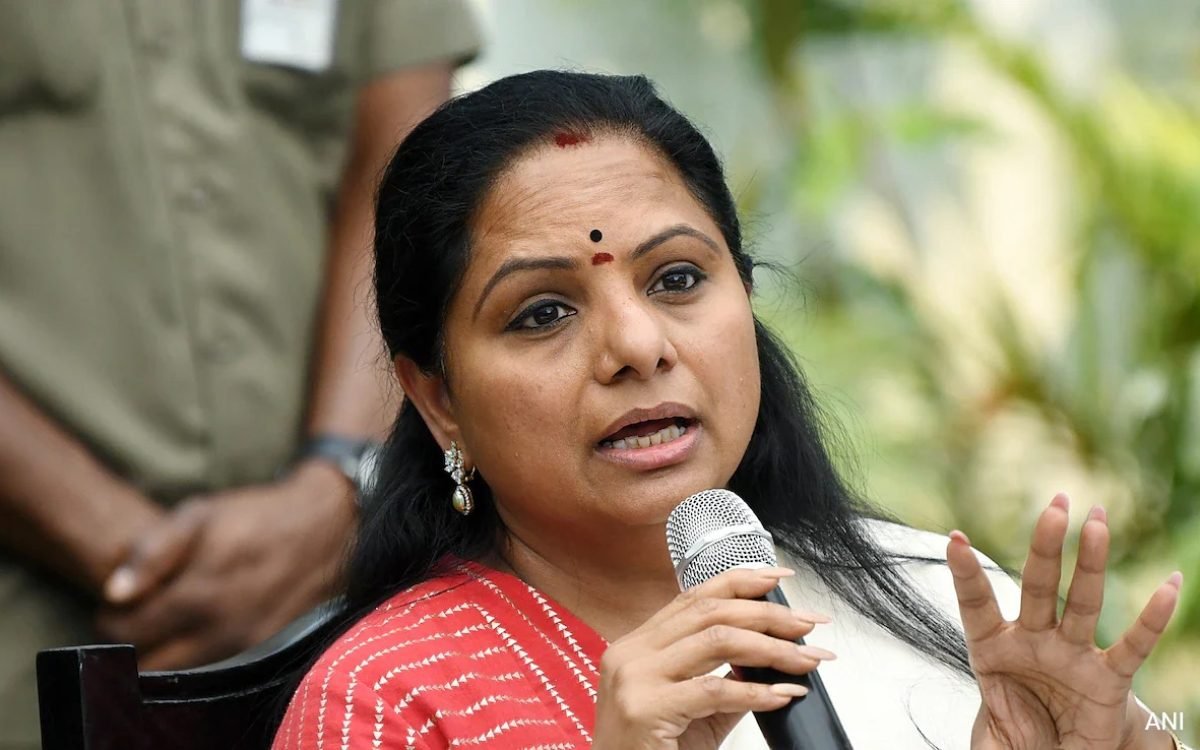In a significant development, Bharat Rashtra Samithi (BRS) leader K Kavitha has been sent to Tihar Jail after a Delhi court acceded to the Enforcement Directorate’s (ED) plea for judicial custody until April 9. The ED argued that Kavitha, a prominent figure in the political arena, posed a risk of influencing witnesses and tampering with evidence if released.
The 46-year-old leader’s arrest stems from her alleged involvement in a money-laundering case linked to the Delhi excise policy, with the central probe agency taking her into custody on March 15. Following her initial arrest, Kavitha was remanded to the ED’s custody for seven days, a period that was subsequently extended by three days.
Kavitha’s transfer to Tihar Jail raises pertinent questions about the integrity of the judicial process and the need to ensure fair and impartial proceedings. The decision to incarcerate her underscores the gravity of the allegations levied against her and the ED’s concerns regarding potential interference in the investigation.
As Kavitha begins her stint in jail, she will be housed in jail number 6, designated for female inmates, where she will undergo medical examination as per protocol. The move marks a significant juncture in the ongoing legal battle, with Kavitha’s fate now contingent upon the judicial proceedings and the evidence presented in court.
The case surrounding Kavitha’s arrest has captured public attention and stirred debate about the accountability of political leaders and the efficacy of law enforcement agencies in combating financial crimes. The ED’s assertion of her “highly-influential” status underscores the broader challenges posed by influential figures in obstructing the course of justice.
While Kavitha’s legal team prepares to mount her defense, the judicial custody serves as a reminder of the need for transparency, integrity, and adherence to due process in the pursuit of justice. As the case unfolds, all stakeholders must uphold the principles of fairness and ensure that the rule of law prevails.
The developments surrounding Kavitha’s incarceration highlight the complexities inherent in tackling white-collar crimes and the importance of holding individuals accountable for their actions. As the legal proceedings continue, the case will undoubtedly shape perceptions of governance, accountability, and the rule of law in the public consciousness.









